Uncategorized
-
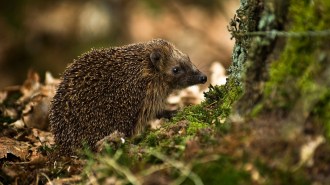 Microbes
MicrobesDrug-resistant bacteria evolved on hedgehogs long before the use of antibiotics
A standoff between bacteria and antibiotic-producing fungi living on hedgehogs may have led to the rise of one type of MRSA some 200 years ago.
-
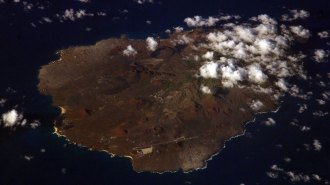 Earth
EarthSome volcanic hot spots may have a surprisingly shallow heat source
Mysterious hot spots of volcanic activity in the interior of tectonic plates just got a little stranger.
By Sid Perkins -
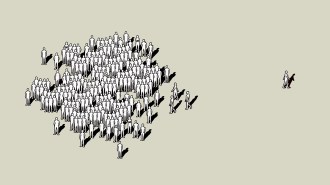 Science & Society
Science & SocietyWhy do some people succeed when others fail? Outliers provide clues
A close look at outliers — people or communities that defy expectations — reveals what could be.
By Sujata Gupta -
 Physics
PhysicsAntiprotons show no hint of unexpected matter-antimatter differences
The ratio of electric charge to mass for protons mirrors that of their antimatter counterparts.
-
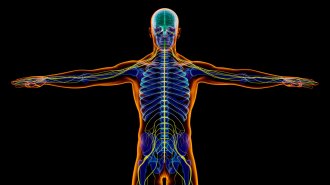 Neuroscience
Neuroscience‘Feeling & Knowing’ explores the origin and evolution of consciousness
In the book Feeling & Knowing, neuroscientist Antonio Damasio suggests that consciousness evolved as a way to keep essential bodily systems steady.
By JP O'Malley -
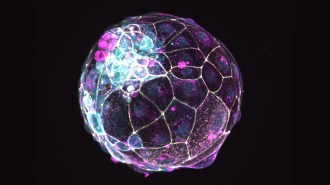 Health & Medicine
Health & Medicine‘Blastoids’ made of stem cells offer a new way to study fertility
Newly created “blastoids” could help with research on nonhormonal contraceptives and fertility treatments.
By Jake Buehler -
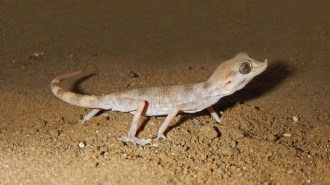 Animals
AnimalsHere’s how spider geckos survive on Earth’s hottest landscape
An analysis of the stomach contents of Misonne’s spider geckos shows there are more critters in the heart of Iran’s Lut Desert than meets the eye.
By Jude Coleman -
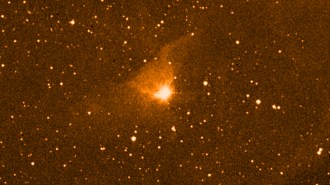 Astronomy
AstronomyTwo stars’ close encounter may explain a cosmic flare that has barely faded
A brilliant outburst of light that has lasted nearly a century arose when two young stars skirted past each other, simulations suggest.
By Ken Croswell -
 Health & Medicine
Health & MedicineThe coronavirus may cause fat cells to miscommunicate, leading to diabetes
Researchers are homing in on a surprising cause of high blood sugar in COVID-19 patients and possibly what to do about it.
-
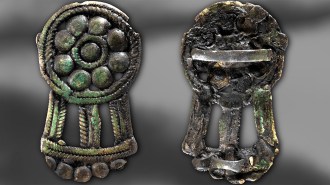 Archaeology
ArchaeologyArctic hunter-gatherers were advanced ironworkers more than 2,000 years ago
Swedish excavations uncover furnaces and fire pits from a big metal operation run by a small-scale society, a new study finds.
By Bruce Bower -
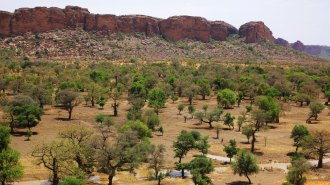 Climate
ClimateAfrica’s ‘Great Green Wall’ could have far-reaching climate effects
The “Great Green Wall,” a tree-planting project to stop desertification in northern Africa, could alter climate patterns in the region and beyond.
-
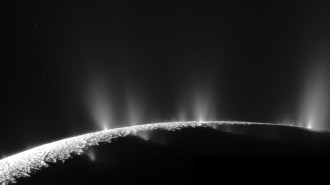 Planetary Science
Planetary ScienceEnceladus’ plumes might not come from an underground ocean
The celebrated plumes of Saturn’s moon Enceladus could come from pockets of watery mush in the moon’s icy shell, simulations suggest.